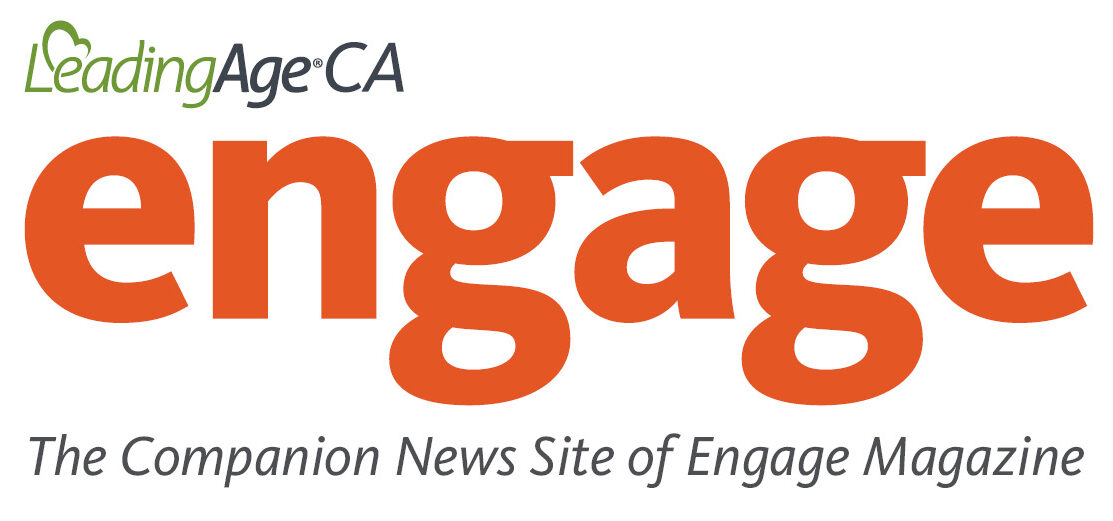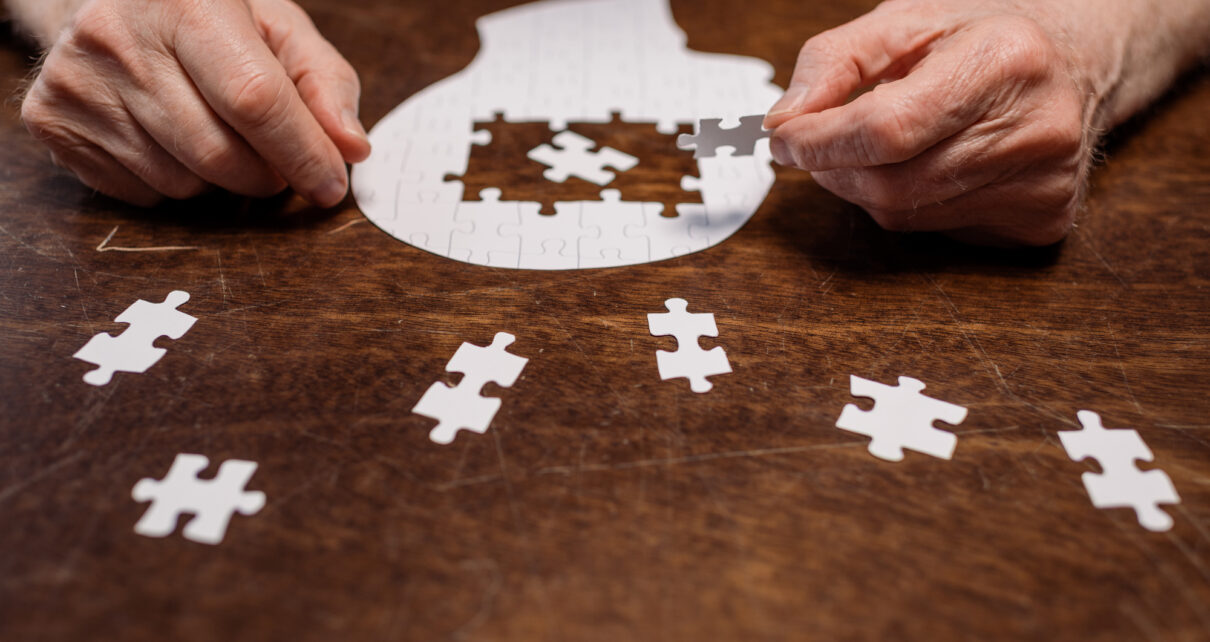By David Bain, Executive Director, National Alliance for Mental Illness (NAMI) Sacramento
Throughout the country, Peer Support Specialists are providing mental health services to individuals impacted by brain health issues. Peer Support Specialists are people with “lived experience” with mental illness – either living with it or a as a family member of someone living with a brain health issue. It’s this lived experience that gives them a different type of expertise in assisting people who are affected by these medical conditions, including substance abuse disorders.
However, until now, California was one of two states (the other being South Dakota) that lacked a state certification program that would allow for the support work to be eligible for Medi-Cal reimbursement. There were several organizations offering training certificates to recognize a Peer Support Specialist in California. But these trainings were not standardized throughout the state. Therefore, companies employing peers could not be reimbursed from Medi-Cal, as they could therapists and doctors.
Why is having a certified Peer Support Specialist a good thing? Because they add another layer to the wraparound services an organization can offer to a person struggling with mental illness. Psychiatrists provide oversight of a person’s care and possibly prescribe medication depending upon the clients needs. Counselors provide talk therapy and can be integral with a person working towards recovery. Peers (individuals helping individuals and family members helping families) use their lived experiences to connect with their clients and share what worked for them. Peers provide direct support and mentorship to their clients to help them find and stay in recovery, which is the process where an individual improves their mental health and well-being.
A Medi-Cal Peer Support Specialist Certification Program must ensure that certified peers meet the following qualifications:
- Be at least 18 years of age.
- Possess a high school diploma or equivalent degree.
- Be self-identified as having experience with the process of recovery from mental illness or substance use disorder, either as a consumer of these services or as the parent, caregiver or family member of a consumer.
- Be willing to share their experience.
- Have a strong dedication to recovery.
- Agree, in writing, to adhere to a code of ethics.
- Successfully complete the curriculum and training requirements for a peer support specialist.
- Pass a certification examination approved by the Department of Health Care Services for a peer support specialist.
In 2020, former Senator Jim Beall (D-San Jose) drafted Senate Bill 803 to establish a Medi-Cal Peer Support Specialist certification in the state of California. After passing the state Senate and Assembly chambers, Governor Gavin Newsom signed the bill into law on September 25, 2020. It will be administered by the State Department of Health Care Services (DHCS) and is required to establish the statewide requirements by July 1, 2022. SB 803 is not mandated statewide. It is voluntary for Counties. Counties opt in for the demonstration or pilot project. Counties that opt in agree to fund the non-federal share of any applicable expenditures.
SB 803 created the statutory authority for DHCS to establish Medi-Cal statewide certification program standards while counties, or county-contracted entities, are responsible for implementing the programs at the local level. By July 1, 2022, DHCS must:
- Establish statewide requirements to use in developing certification programs.
- Define the qualifications, range of responsibilities, practice guidelines, and supervision standards for peer support specialists.
- Determine the process for initial certification.
- Determine curriculum and core competencies required for certification, including areas of specialization.
- Specify peer support specialist employment training requirements.
- Establish a code of ethics.
- Determine a biennial certification renewal process, including continuing education requirements.
- Determine a process for investigation of complaints and corrective action.
- Determine a process for an individual employed as a peer support specialist on January 1, 2022, to obtain certification.
- Determine requirements for peer support specialist certification reciprocity between counties and out of state.
The California Mental Health Service Authority (CalMHSA) is the county-contracted entity for developing the program. They have been holding meetings with the public and receiving feedback on the work so far. An advisory committee has been formed of advocates from throughout the state to help form the policies and procedures. Currently, the application process is scheduled to open in May of 2022.
For people living with brain health conditions and/or substance abuse disorders, peer support can be a valuable addition to the treatment team. Receiving support from someone who has survived the same experiences is important for the recovery journey and to maintain good mental health. Without Medi-Cal funding, some are not able to experience this benefit. Fortunately, California is now finally on the path to make this happen.
For more information, or to provide feedback, go to calmhsa.org/peer-certification



